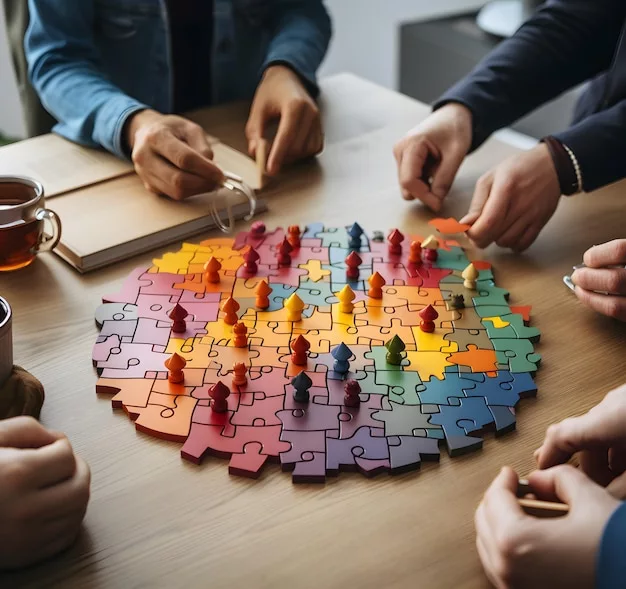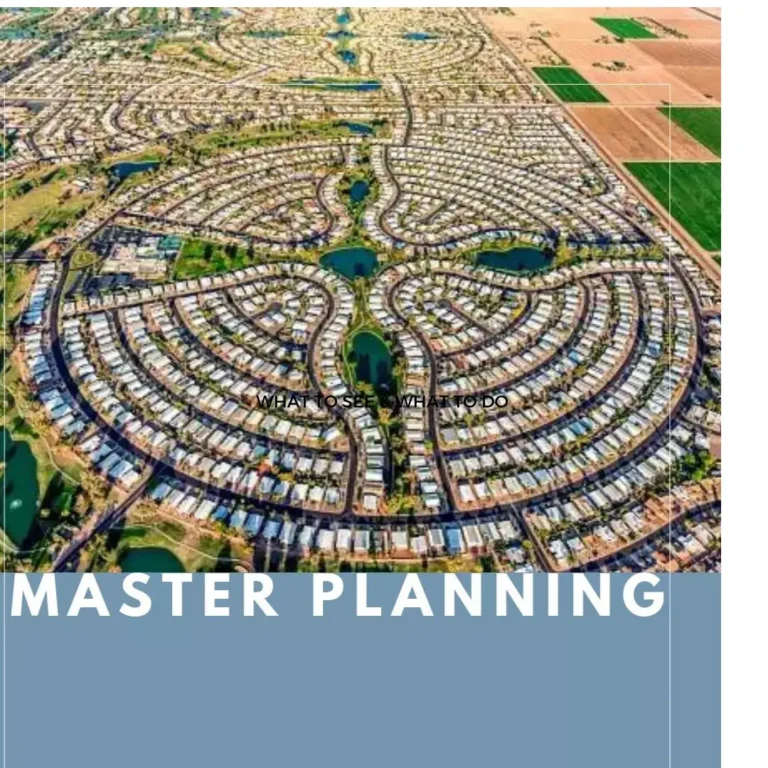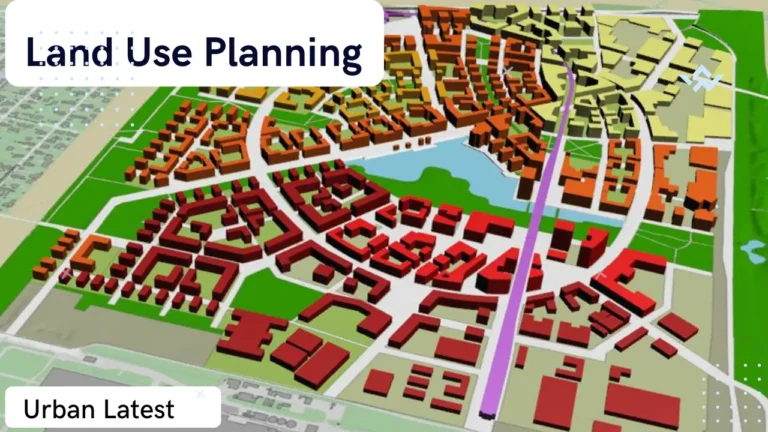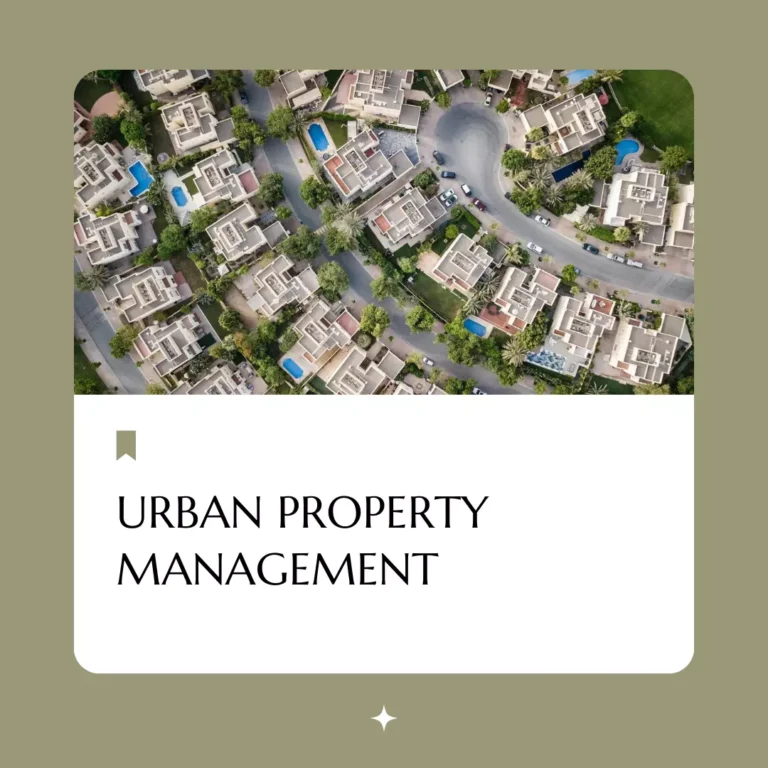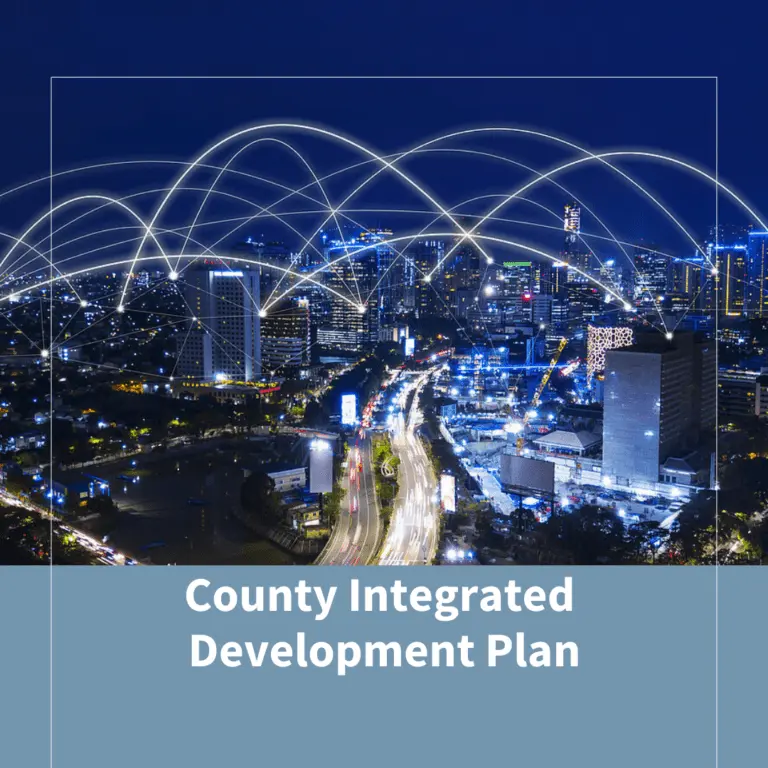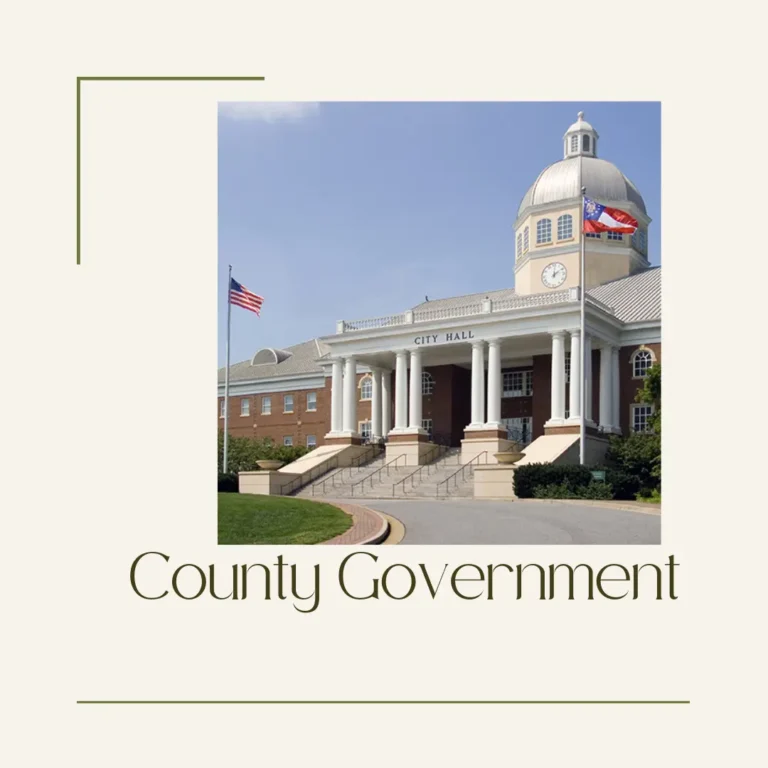Community Planner is a professional who work in urban and regional development by designing, implementing, and managing master plans that shape the physical, social, and economic aspects of a community, county or region.
Community planners create sustainable and livable environments that meet the needs and aspirations of the people who live, work, and interact within those areas. Their work involves a blend of urban design, urban property management, environmental sustainability, social equity, economic development, and public engagement. Let’s delve into the details of what Community Planner does and their role in urban development
Role of Community Planner
Shaping Vibrant and Sustainable Neighborhoods
As our world continues to urbanize, rural areas still convert to urban areas. Urban areas it’s self-congested with the passage of time. The role of a community planner has become increasingly significant. The community planner’s role is essential in shaping neighborhoods, cities, county integrated development plan, landuse planning and regions to be
Understanding the Urban Landscape
In today’s rapidly urbanizing world, community planners confront challenges such as population growth, traffic congestion, and environmental degradation. They analyze these complexities to devise strategies that enhance quality of life.
The Duties of a Community Planner
Conducting Comprehensive Research
Community planners begin their work by conducting thorough research. This involves studying demographic trends, economic indicators, and environmental conditions to make informed decisions.
Collaborating with Stakeholders
Successful community planning requires collaboration with a range of stakeholders, including residents, business owners, government agencies, and advocacy groups. This collaborative approach ensures diverse perspectives are considered.
Developing Land Use and Zoning Plans
A core responsibility is creating land use and zoning plans that designate areas for residential, commercial, industrial, and recreational purposes. This helps prevent haphazard development.
Ensuring Infrastructure Development
Community planner’s work to ensure that essential infrastructure such as roads, utilities, and public transportation are well-designed and accessible to all residents.
Promoting Environmental Sustainability
Recognizing the importance of environmental conservation, planners integrate green spaces, promote energy-efficient designs, and advocate for sustainable practices within communities.
The Importance of Effective Communication
Engaging with Local Residents
Community planners facilitate community engagement sessions to gather insights from residents, addressing their concerns and incorporating their aspirations into the planning process.
Presenting Proposals to Decision Makers
To bring their plans to life, planners present proposals to city councils, regulatory boards, and other decision-making bodies, advocating for developments aligned with community needs.
Balancing Growth and Preservation
Preserving Cultural Heritage
Community planners strive to preserve historic and cultural landmarks, fostering a sense of identity and continuity within evolving urban environments.
Managing Urban Sprawl
By curbing urban sprawl, planners promote efficient land use, reduce traffic congestion, and ensure that essential resources are used more sustainably. From 18th century number of pioneer urban planners work on itb and they present there struggle in this act.
Addressing Social Equity and Inclusion
Affordable Housing Initiatives
Planners work to provide affordable housing options, addressing the housing needs of diverse income groups and preventing displacement.
Accessible Public Spaces
Creating inclusive public spaces ensures that people of all abilities can enjoy and benefit from community resources.
Navigating Legal and Regulatory Frameworks
Adhering to Zoning Regulations
Community planners navigate complex zoning regulations, striking a balance between regulations and innovation to achieve positive outcomes.
Overcoming Legal Challenges
Legal challenges often arise during development projects, and planners work diligently to find solutions that align with legal requirements and community objectives. In Legislation section a proper Land Development Legislation work built from past that contineously updated with the passage of time properly.
The Future of Community Planning
Smart Cities and Digital Integration
The future of community planning is intertwined with the concept of smart cities. Planners are exploring ways to leverage technology and data to create urban environments that are more efficient, interconnected, and responsive to residents’ needs.
Climate-Resilient Urban Design
As climate change becomes a pressing issue, community planners are incorporating climate-resilient design principles. This involves creating infrastructure and spaces that can withstand the challenges posed by changing weather patterns.
Conclusion: Shaping Better Communities for All
In a world marked by urbanization and constant change, the role of a community planner is indispensable. These professionals blend creativity, analytical skills, and a deep understanding of societal dynamics to create communities that are not only functional but also inclusive, sustainable, and vibrant.
What qualifications do community planners typically have?
Community planners often have a bachelor’s or master’s degree in urban or regional planning, geography, architecture, or a related field. Some also hold certifications from professional planning organizations.
How do community planners balance the needs of various stakeholders?
Community planners engage in extensive community outreach, gathering input from residents, businesses, and organizations. They aim to find common ground and create plans that benefit everyone.
Can community planners influence economic development?
Yes, community planners play a significant role in economic development by identifying opportunities for growth, attracting businesses, and enhancing the overall economic vitality of a community.
Are there any challenges in implementing sustainable practices?
Implementing sustainable practices can be challenging due to budget constraints, resistance to change, and the need for long-term planning. However, many planners are finding innovative solutions to overcome these challenges.
How can individuals get involved in community planning?
Individuals interested in community planning can attend public meetings, join local advocacy groups, and participate in community workshops. Their input can contribute to shaping the future of their neighborhoods.
